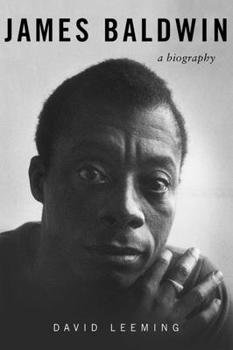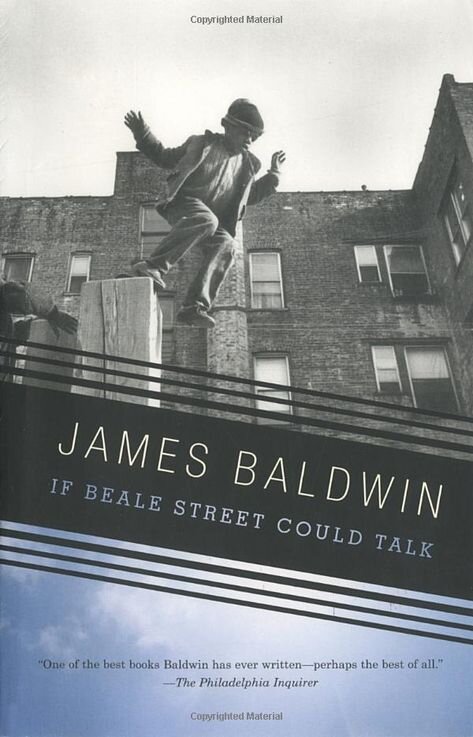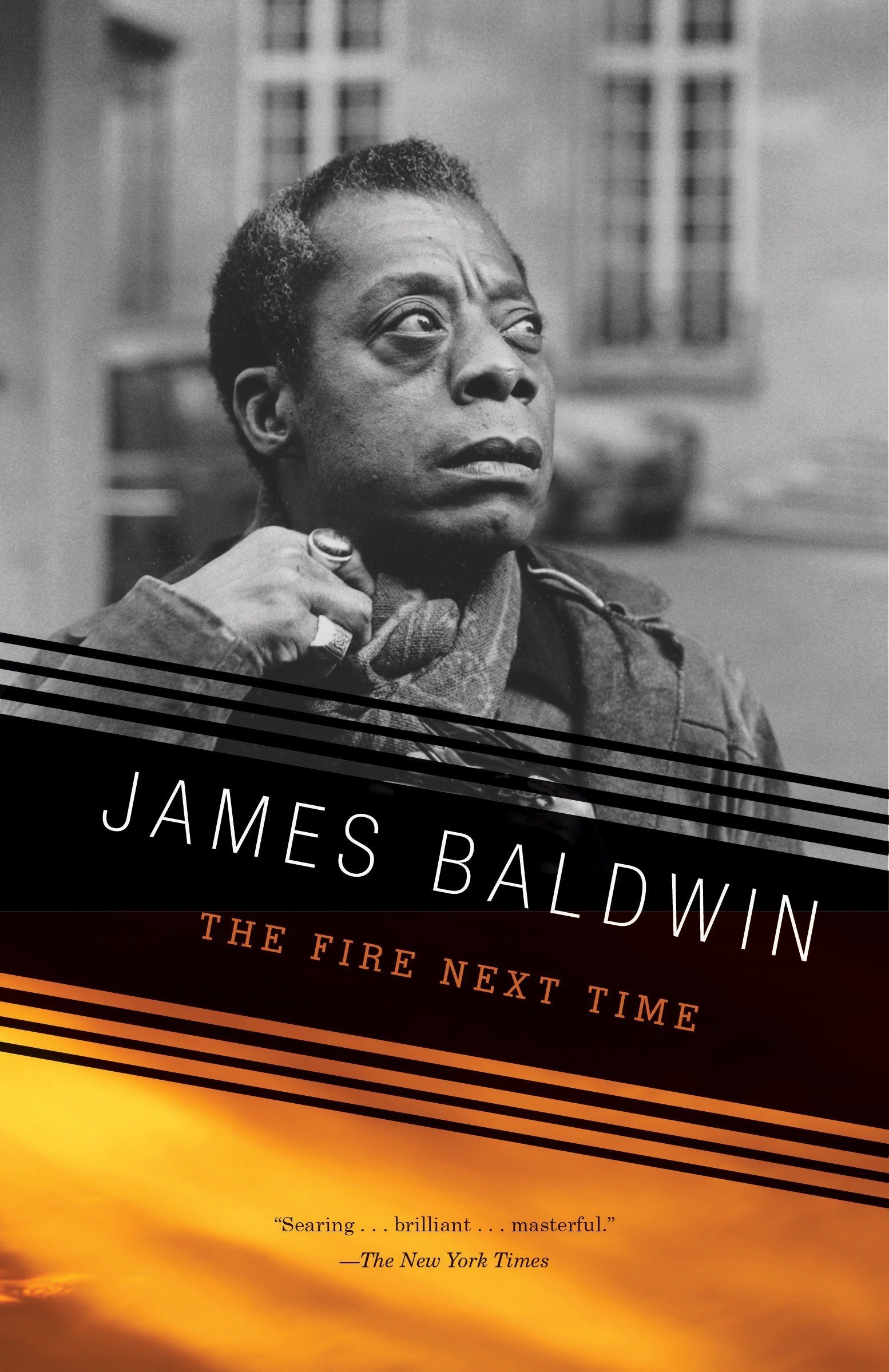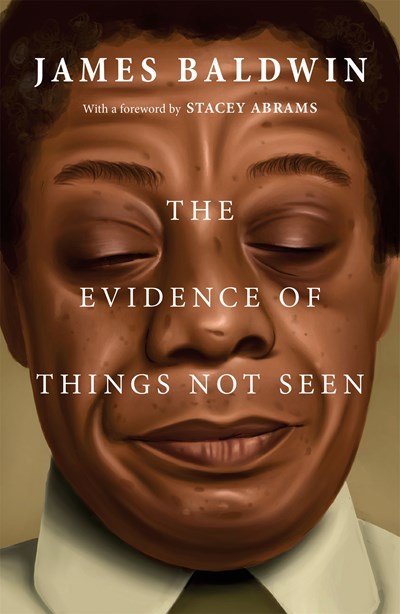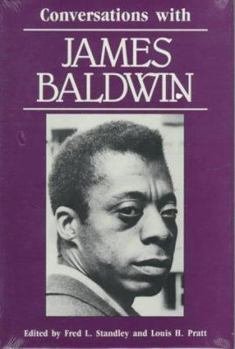 Image 1 of 1
Image 1 of 1


Conversations with James Baldwin
This collection of interviews with James Baldwin covers the period 1961-1987, from the year of the publication of Nobody Knows My Names, his fourth book, to just a few weeks before his death. It includes the last formal conversation with him.Twenty-seven interviews reprinted here come from a variety of sources--newspapers, radio, journals, and review--and show this celebrated author in all his eloquence, anger, and perception of racial, social, and literary situations in America.Over the years Baldwin proved to be an easily accessible and cooperative subject for interviews, both in the United States and abroad. He frequently referred to himself as "a kind of trans-Atlantic commuter." Whether candidly discussing his own ghetto origins, his literary mission and achievements, his role in the civil rights movement, or his views on world affairs, black and white relations, Vietnam, Christianity, and fellow writers, Baldwin was always both popular and controversial.
This collection of interviews with James Baldwin covers the period 1961-1987, from the year of the publication of Nobody Knows My Names, his fourth book, to just a few weeks before his death. It includes the last formal conversation with him.Twenty-seven interviews reprinted here come from a variety of sources--newspapers, radio, journals, and review--and show this celebrated author in all his eloquence, anger, and perception of racial, social, and literary situations in America.Over the years Baldwin proved to be an easily accessible and cooperative subject for interviews, both in the United States and abroad. He frequently referred to himself as "a kind of trans-Atlantic commuter." Whether candidly discussing his own ghetto origins, his literary mission and achievements, his role in the civil rights movement, or his views on world affairs, black and white relations, Vietnam, Christianity, and fellow writers, Baldwin was always both popular and controversial.


